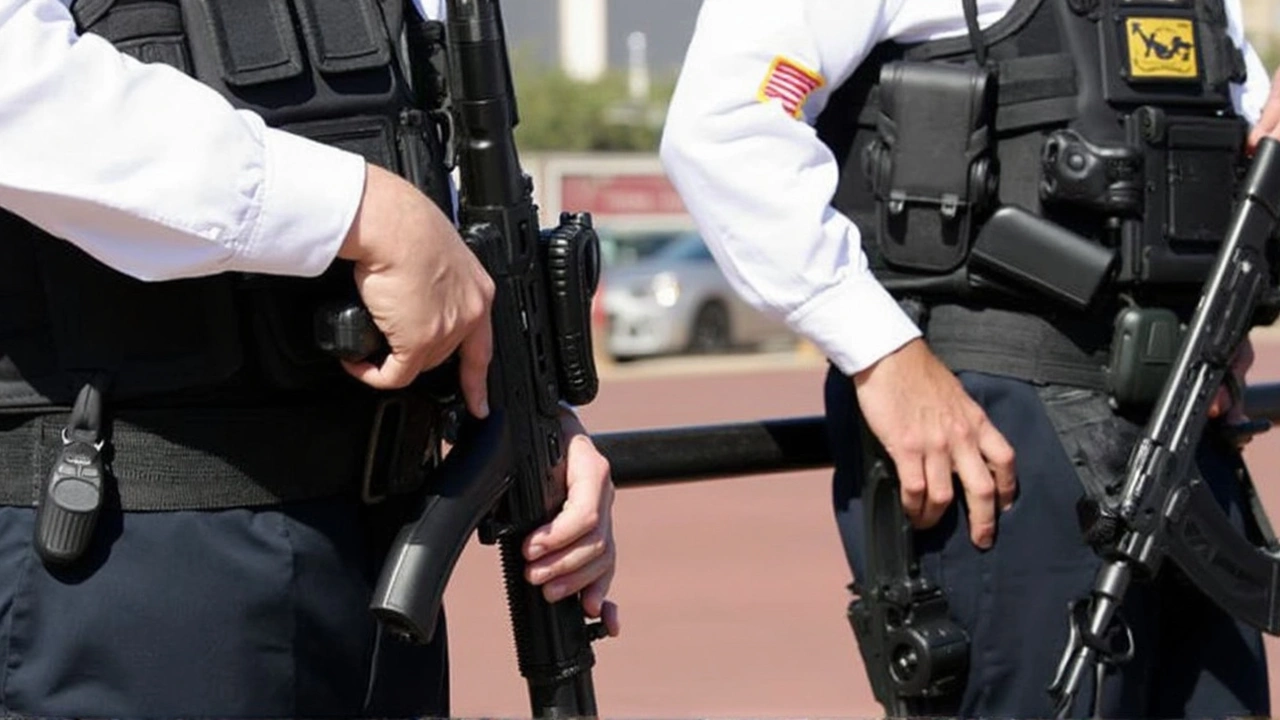Met Police Hits Legal Wall Over Sacking Accused Officers
The Metropolitan Police is now locked in a legal battle over how it handles officers accused of serious misconduct, thanks to a landmark High Court decision that is shaking up the way UK policing deals with its own ranks. The case centers on Sgt Lino Di Maria, whose vetting clearance was revoked after multiple complaints, including rape and sexual assault. Despite the gravity of the allegations, no criminal charges were brought against him due to lack of evidence, and Met disciplinary panels actually cleared him of misconduct.
This is where things get complicated. Rather than relying only on criminal convictions or misconduct findings, the Met tried to use the loss of vetting clearance—a security check needed for most policing work—as a tool to remove Di Maria from the force. The logic seemed solid: without this clearance, he couldn't do his job, so his contract could be terminated. But the High Court disagreed, ruling that stripping officers of their vetting without proven misconduct is unfair and doesn't give those officers a real chance to defend themselves. That means losing vetting is no longer a fast-track way to get rid of officers facing unproven, but potentially serious, accusations.

Commissioner Calls Situation ‘Hopeless’ as Officers Remain on Paid Leave
Met Commissioner Sir Mark Rowley isn't hiding his frustration. He called the ruling a 'hopeless position,' explaining that the police are now stuck: officers accused of misconduct but cleared in court or at hearings can't just be let go, even if serious doubts about their behavior remain. The impact is immediate—29 officers, all investigated under the Met’s vetting review known as Operation Assure, are on paid leave. If the court's logic is followed, these officers could be reinstalled and might even be owed back wages. That puts the force in a bind, given its duty to protect the public and its own reputation, especially after high-profile failings like the murder of Sarah Everard by a serving officer.
The High Court’s decision means the Met can’t simply sideline accused officers by pulling their vetting. If the force can’t prove its case in disciplinary hearings or a criminal trial, the officer stays. Supporters see this as basic fairness—no one should lose their career over unproven allegations. But critics worry it leaves doors open for unsuitable officers to stay in uniform, especially when clearing those charges is difficult for procedural or evidential reasons, not because nothing happened.
Trying to close some of these loopholes, the Home Office stepped in with fresh rules from April 2023. Now, officers convicted of specific violent crimes—like domestic abuse or sexual assault—will automatically be classified as grossly misconducted, which lets chiefs like Rowley fire them quickly. But that doesn’t fix cases like Di Maria’s, where there’s smoke but no fire the courts can see. Legal experts and policymakers are talking about bigger changes, but for now, the problem is stubbornly unsolved.
- Met Police left unable to fire officers accused but not convicted of misconduct
- 29 officers on paid leave could be reinstated or receive back pay
- Home Office rules only speed dismissals for those convicted of listed violent crimes
- Broader policing legal reforms still up in the air
The Met’s struggle grabs headlines for all the wrong reasons: it highlights the tension between fair treatment for officers and keeping the public safe from those who might abuse their position. Until there’s a change in the law or another solution, this uncomfortable balance looks set to continue.




